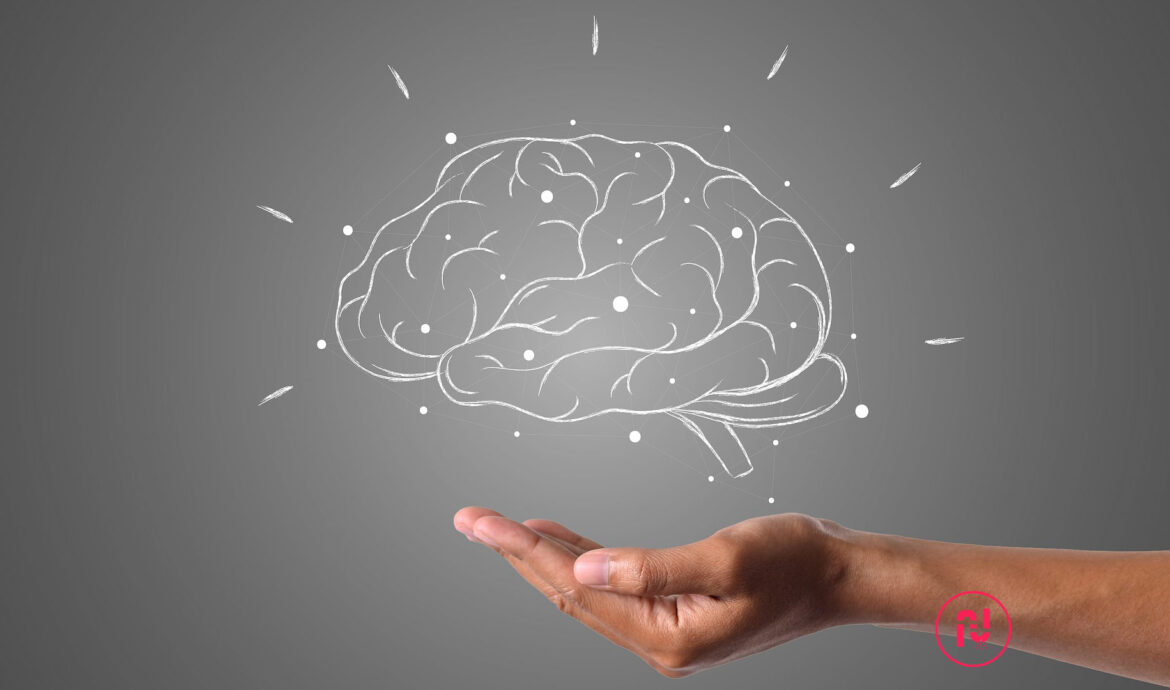Neurotransmitters are brain chemicals that carry signals form one neuron to another. These chemicals work together every second of your day to regulate your mood, perception, and view of life. These can not only affect your mood but also can influence the health of your brain.
Your mood is influenced by many things – the good as well as the bad. While you may not think twice about walking and talking at the same time or laughing at a joke while watching television, the brain is hard working to calculate every move to help regulate thoughts, feelings, and emotions thus resulting in what makes us experiencing emotions such as joy, laughter, happiness, sadness, anger, or enthusiasm.
Brain Chemicals
What are happy chemicals?
Four main brain chemicals, serotonin, endorphins, dopamine, and oxytocin all play a role in how you experience happiness.
1. SEROTONIN - Helps balance mood and promote feelings of wellbeing and reward.
Serotonin is neurotransmitter produced when you feel satisfaction or importance. It also helps regulate your sleep, appetite, and mood. Many antidepressants target serotonin receptors to improve your mood and lessen depressive systems.
Self confidence can go along way in stimulating serotonin.

2. ENDORPHINS -Helps to overcome stress or discomfort.
Endorphins are your body’s natural pain killers produced by the hypothalamus and pituitary glands that operate as a neurotransmitter. They trigger positive feelings when you do something you enjoy such as laughing or exercising.
They also stimulate pain relief, which is the same reaction that occurs chemically when taking prescription opioids – a class of drugs used to reduce moderate to severe pain.
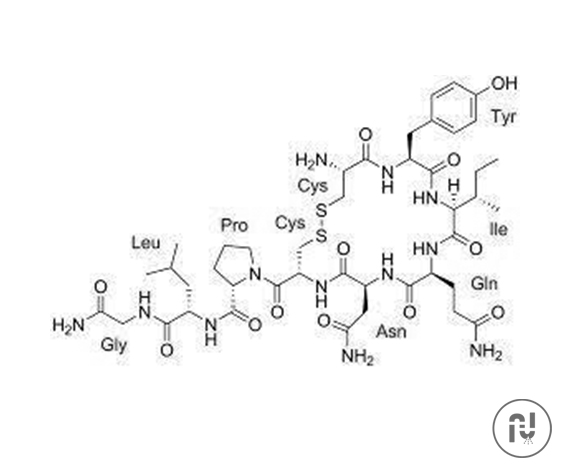
3. DOPAMINE -Helps in feeling happiness, pleasure, and reward.
Dopamine is another neurotransmitter produced by the hypothalamus, a small region of the brain that helps you feel pleasure. It is an important part in your reward system, meaning the brain releases dopamine when you do things that feel good or pleasurable or when you complete a task.
Dopamine controls many functions, including behavior’s, emotion, and cognition. This chemical also communicates with the front part of your brain, which is associated with pleasure and reward. It helps to motivate you to work toward achieving a reward.
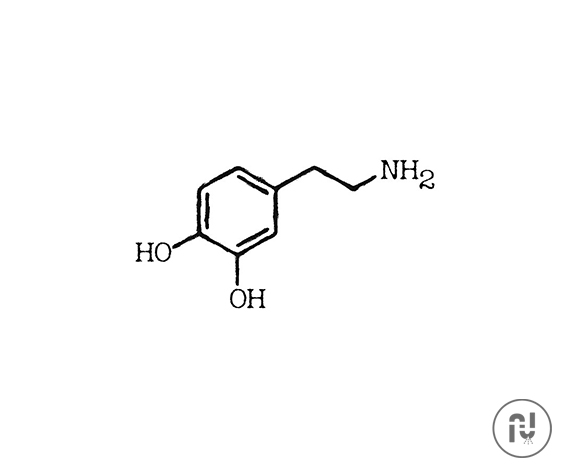
4. OXYTOCIN - Helps you feel positive emotions, promotes social interactions.
Oxytocin is a hormone produced by hypothalamus and released by the pituitary gland that produces feelings of love and connection.
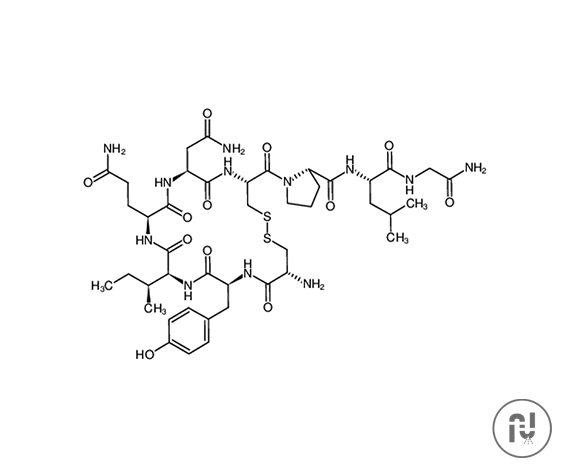
HARNESSING YOUR HAPPY CHEMICALS
As research shows It is common in people to experience problems or imbalance with brain chemicals. As many as one in four adults have a diagnosable mental health disorder.
Since your brain already has these neurotransmitters and hormones, it makes sense to maximize them.
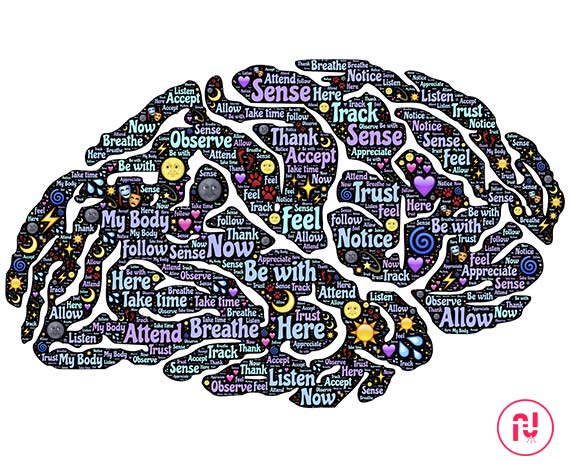
All it takes is a few simple tasks and basic planning to boost these chemical messengers.
- Workout.
- A 20-minute workout or a light jog can help stimulate dopamine due to the pleasure you receive from accomplishing a feat.
- Exercising primarily influences boosting endorphins it can also stimulate serotonin by causing you to feel satisfied and enjoy the positive results of a workout.
- Diet/food.
- When you think of food that can impact on your mood
- Eat whole foods and avoid processed foods.
- Eat more fruits and vegetables, two food groups that contain more dietary fiber.
- Ninety-five percent of serotonin production comes from your GI tract, beneficial bacteria in your gut help neuron’s function and help produce serotonin and other neurotransmitters this explains how stress can cause problems in your stomach.
- Probiotic content in food can help with gut and brain health. Like yogurt, pickle etc.
- Leafy greens, peppers and vegetables like broccoli, cauliflower boast many of these nutrients.
- Dark chocolate 😊
- Meditation.
- Meditation is a simple way to achieve boost in serotonin without much physical activity.
- Meditation techniques raise our dopamine levels.
- Getting a surge of dopamine helps improve our memory, focus, and problem-solving capabilities.
- Spending time outdoors.
- Spending time outdoors has positive effect on our brains.
- Our brain structure and mood improve when we spend time outdoors.
- Also affects our concentration, working memory, and the psyche.
- A walk in the fresh air is a common part of therapy in mental disorder treatments.
- Getting plenty of sleep.
- Sleep flush out brain toxins which helps in prevent disease like Alzheimer’s.
- Sleep washes away harmful waste proteins that build up between brain cells during waking hours.
- Get a minimum of 6-8 hours sleep will help the brain to recharge itself by removing toxic wastes.
- Self-belief.
- The feeling of believing in yourself will translate to others respecting you, which promotes serotonin production.
- Set foreseeable / easy tasks.
- To boost dopamine, complete simple tasks that make you feel good or set a goal that you can easily achieve.
- The simple fact of even approaching a reward will stimulate theses neurotransmitters. For e.g., seeing the finish line at the end of the race activates dopamine.
- Do act of kindness.
- Being kind to others and yourself.
- Being kind can boost serotonin and dopamine.
- Give someone a compliment will boost oxytocin.
- Communicating with others even strangers in social settings can reward you with positive feelings.
- Sharing a laugh, Showing love and affection, and
- Spending time with family, friends and loved ones.
- Listening to music.
- Music boosts brain chemicals
- Listening to music increases dopamine.
- Research shows that brain anticipate the most pleasurable peaks in familiar music and prime itself with an early dopamine rush.
To sum up when we ask ourselves what makes us happy, we often think of the circumstances, possessions, or people in our lives. Happiness is largely a chemical experience, yet we can control it occurrences by understanding and manoeuvring our thoughts and actions.
Each one of these four chemicals, Serotonin, Dopamine, Endorphin, and Oxytocin, has an impact on happiness, with effects ranging from boosting pleasure and satisfaction to controlling stress and anxiety.
Thanks for reading! If you enjoyed this post, be sure to check out my blog http://ujaike.com/blog/ for more articles like this one. You can also connect with me on social media for more contents and updates.
Many thanks for your support!

